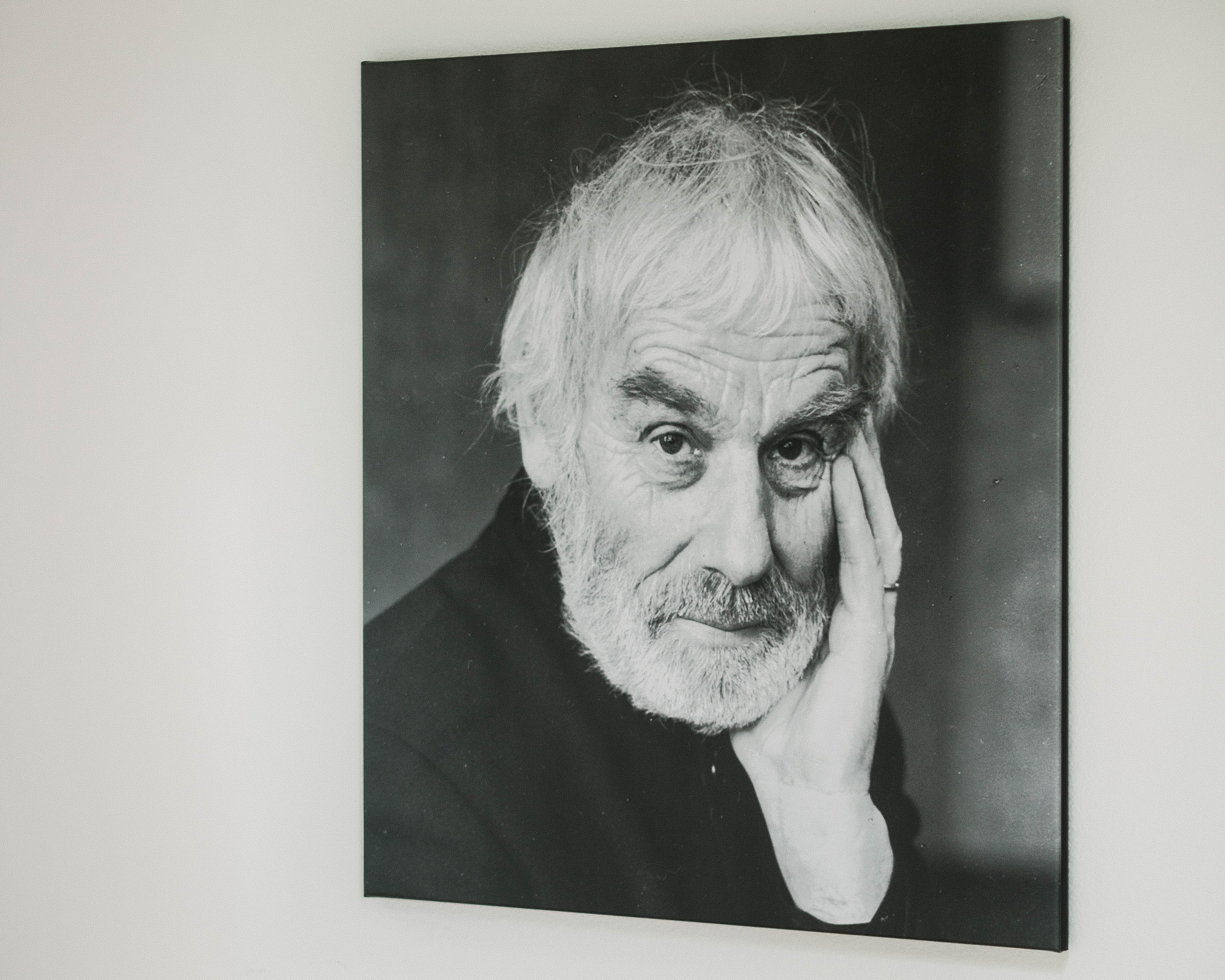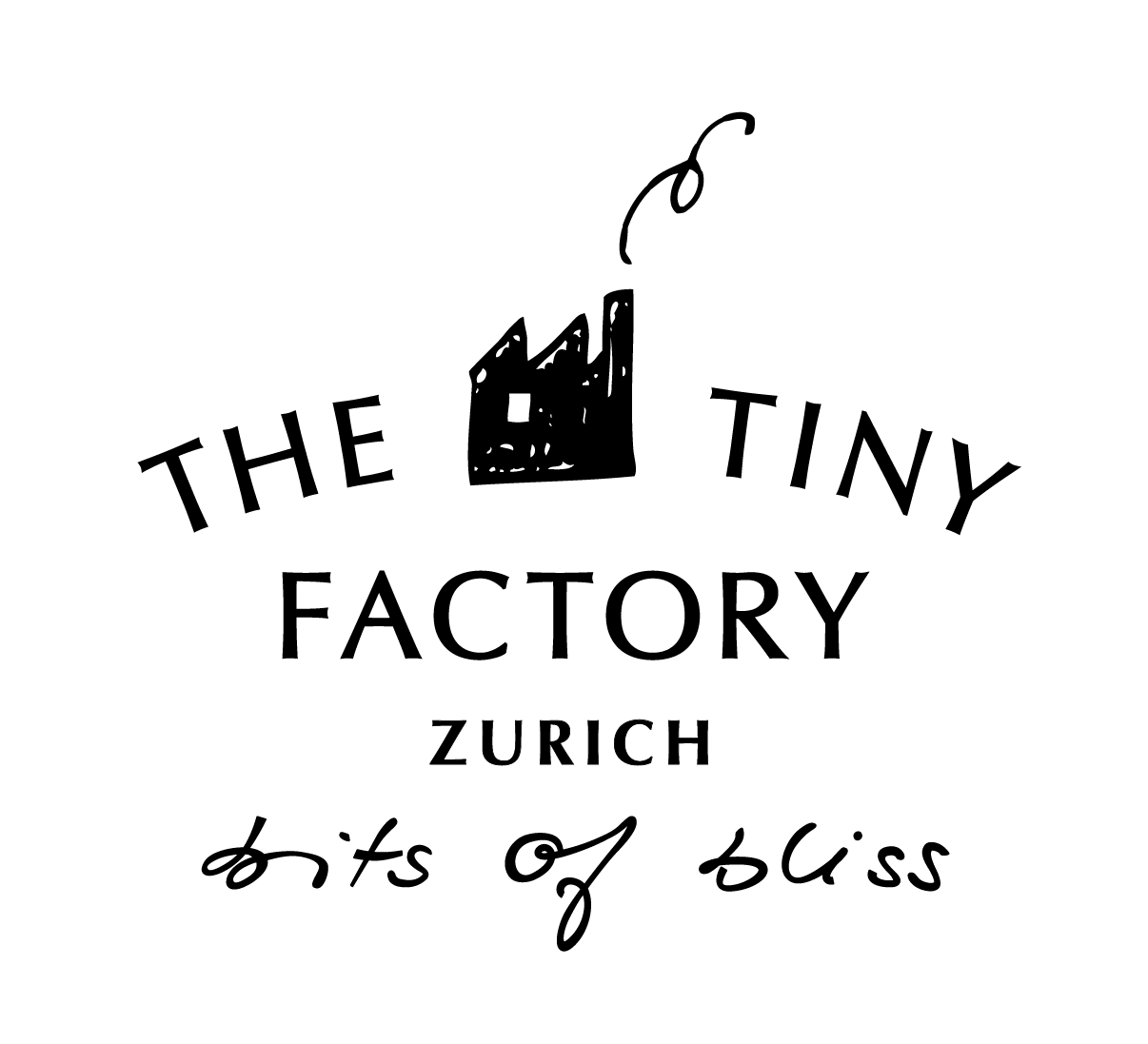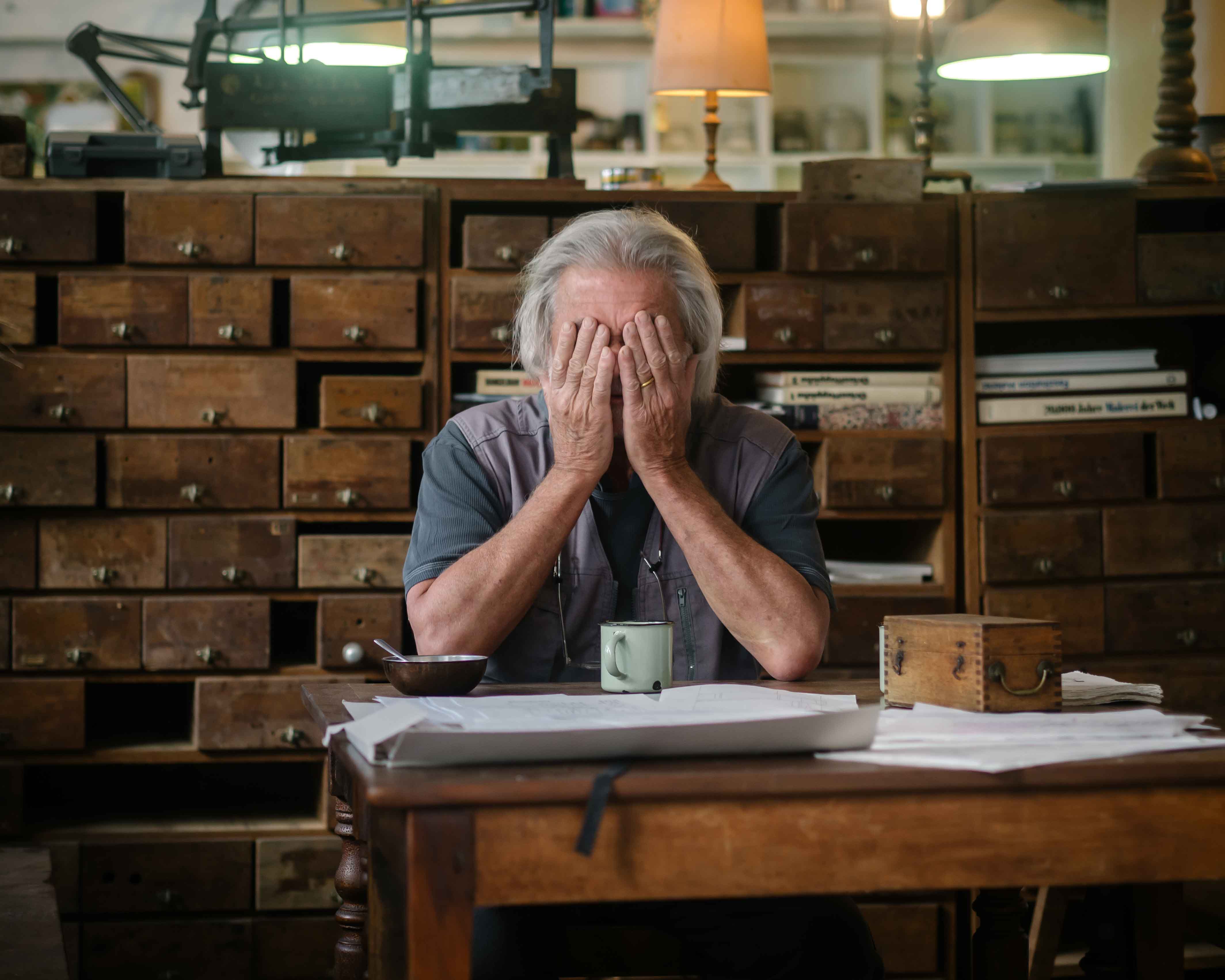
TINY-FAMILY-MEMBER: Pastor Sieber Social Work
AN INTERVIEW WITH URSULA VOLLENWEIDER AND WALTER VON ARBURG FROM THE PFARRER SIEBER SOCIAL WORKS

Mrs. Ursula Vollenweider and Mr. Walter von Arburg in their office in Zurich

Mr. von Arburg in front of the paintings that Pastor Sieber himself painted.
Ursula Vollenweider (in-kind donations coordinator) and Walter von Arburg (head of communications and fundraising) have been working for Pastor Sieber's Social Welfare Foundation for decades. We wondered what their work at the foundation entails and whether we could offer a small contribution with our granola. In a personal conversation, we were able to ask them a few questions and find out more.
With experience and empathy, the foundation's team now distributes our granola to people who are lonely and in need. Among the recipients of our donation is the "Nemo" emergency shelter, which we visited after our discussion. Darja Baranova, the director of the shelter, gave us a brief insight into the shelter for teenagers and young adults.
How would you describe Pastor Sieber's Social Work? What is the foundation's core mission, and what support does it offer?
The Pastor Sieber Social Welfare Organization (SWS) offers pastoral, social, medical, and material assistance to people in need—such as those suffering from addiction, the homeless, those suffering from mental and physical distress, the destitute, and those without a home. Our services are guided by the concept of "catch – care – help" and aim to gradually reintegrate people into society. SWS operates where other support networks are lacking. It updates the biblical message of charity in light of social need. Currently, 190 employees and over 350 volunteers work for SWS. The foundation was founded in 1988.
Who comes to you, do the affected people approach you of their own accord, and how do you find each other?
There are both. In outreach work, we approach people in need. But there are also people who come to our facilities of their own accord, such as our emergency shelters, drop-in centers, or the specialized hospital.




Do you also offer support to people who are non-religious? Of course. We care for everyone, regardless of their religious, social, or political affiliation. We see people as God's creations, regardless of their current situation.
What gives you the most joy in your daily work with Pastor Sieber?
It's always a joy for us when our clients express their gratitude for what they receive from us. And when people escape addiction or homelessness, it strengthens our resolve to persevere in our mission.
Would you like to mention an experience that has occupied you for a long time?
Ursula Vollenweider: In my voluntary work in end-of-life care, I was very concerned that unfortunately too many relatives turn away from people, even though it is very important, especially in these difficult times, to care for people without prejudice.
A wonderful encounter that you will never forget... There are so many wonderful encounters with people, for example when they receive a gift of lovely, warm winter shoes or are able to enjoy a delicious warm meal in our street café.
Do you continue to follow the stories of the people you once cared for? Do you see the journey they've taken?
We usually lose some contact with our clients once they no longer attend our facilities and services. But there are some who don't let the contact break off. And every now and then, there are unexpected encounters with former clients.




How is your foundation financed?
Essentially, we rely on two sources of funding. A good half of the costs are covered by funding agencies such as health insurance companies and social welfare offices. Almost half of the costs, in turn, are covered by donations.
In everyday life in Zurich, the loneliness and poverty of many of those affected is often not directly apparent. What are your thoughts on this, and why is this?
Homelessness is less visible here than in other major European cities. This is probably partly due to the fact that we have a good range of support services in Zurich, to which Pastor Sieber's social welfare organization contributes a significant portion. It's also a fact that we live in a materially well-off society, which enables us as a social welfare organization to help marginalized people through numerous donations of food, clothing, sleeping bags, etc. Thanks to clothing donations, for example, those affected often don't notice their homelessness; they don't look ragged, but just like everyone else.
How do you distribute our granola donations?
We will distribute some of the donations to our emergency shelter for young people, Nemo. Another portion will go to our street café, Sunestube, where people receive a delicious breakfast. The same goes to our Brot-Egge drop-in center, which also serves a delicious breakfast. This way, the donations reach people who can use them effectively. It's important to distribute the donations we receive correctly. It's not always easy. Many people want to do something good and think they can donate a packet of spaghetti to the poor homeless, for example, but where would a homeless person cook it? That's why targeted distribution is important.

For over 10 years at the Pfarrer Sieber Foundation: Darja Baranova (Director Nemo)

Perhaps a little cheering up: our granola bags, carefully distributed by the foundation's staff.
In your opinion, does such a fundraising campaign make sense?
Absolutely. Fine, wholesome foods are highly valued, which is why we're specifically distributing them to get feedback.
How can we help as private individuals? Are there other options besides monetary donations?
In principle, we are equally grateful for donations in kind and donations in cash.


